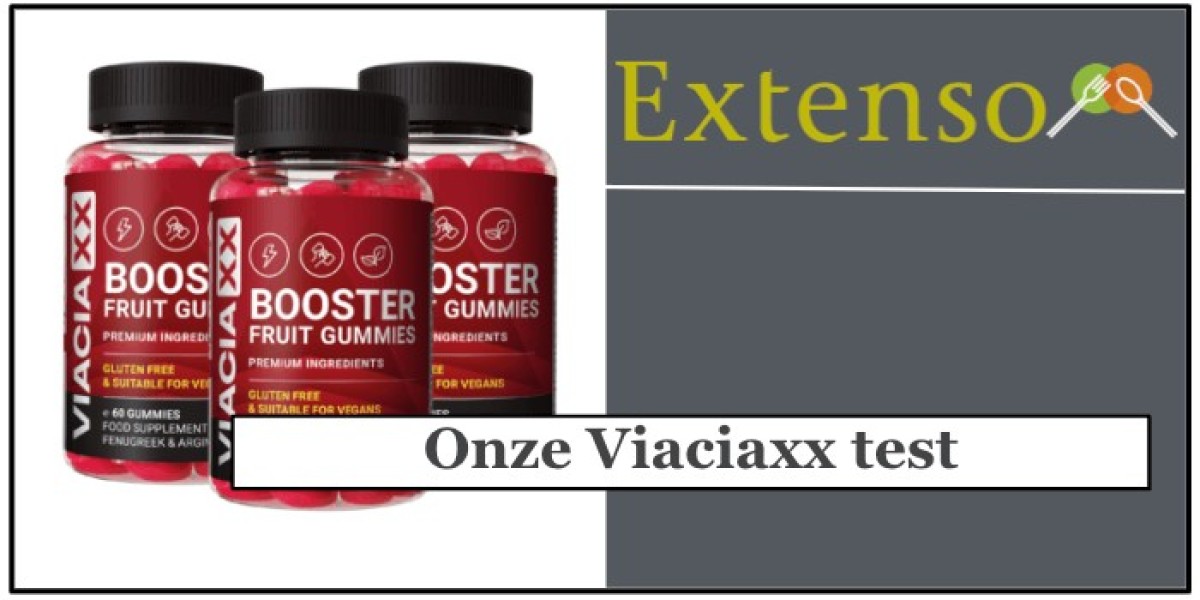Immunooncology Companies Overview:
In the realm of cancer treatment, immunooncology (IO) stands as a groundbreaking approach that harnesses the body's immune system to combat cancer cells. Over the past few decades, IO has revolutionized cancer therapy, offering new hope for patients with various types of cancer. Central to this progress are the efforts of several pioneering companies dedicated to developing innovative IO therapies. In this article, we delve into the world of immunooncology companies, their advancements, and their impact on cancer treatment.
Understanding Immunooncology:
Immunooncology, also known as immuno-oncology or cancer immunotherapy, is a branch of cancer treatment that leverages the power of the immune system to recognize and destroy cancer cells. Unlike traditional treatments like chemotherapy and radiation therapy, which directly target cancer cells, IO aims to stimulate the body's natural defenses to fight cancer more effectively. This approach offers the potential for durable responses, fewer side effects, and improved quality of life for patients.
Key Immunooncology Companies:
- Bristol Myers Squibb (BMS): BMS has been a frontrunner in the field of immunooncology with its pioneering drug, ipilimumab (Yervoy). Ipilimumab was the first immune checkpoint inhibitor approved by the FDA for the treatment of metastatic melanoma. Subsequently, BMS developed other IO drugs such as nivolumab (Opdivo) and pembrolizumab (Keytruda), which target the PD-1 pathway. These drugs have shown remarkable efficacy across multiple cancer types, including lung cancer, kidney cancer, and bladder cancer.
- Merck & Co., Inc. (Merck): Merck gained prominence in the IO landscape with the development of pembrolizumab (Keytruda), a PD-1 inhibitor. Keytruda has garnered FDA approvals for various cancers, including melanoma, non-small cell lung cancer, and head and neck squamous cell carcinoma. Merck continues to invest in IO research and development, exploring combination therapies and expanding Keytruda's indications.
- Genentech: A subsidiary of Roche, Genentech has made significant strides in IO research, particularly with atezolizumab (Tecentriq), a PD-L1 inhibitor. Tecentriq has been approved for bladder cancer, non-small cell lung cancer, and triple-negative breast cancer. Genentech is also investigating novel IO agents and combination therapies to enhance treatment outcomes.
- AstraZeneca: AstraZeneca has emerged as a major player in the IO field with drugs like durvalumab (Imfinzi) and tremelimumab. Imfinzi, a PD-L1 inhibitor, has gained approvals for bladder cancer and unresectable stage III non-small cell lung cancer. AstraZeneca is actively involved in clinical trials to evaluate the efficacy of IO therapies across various cancer types.
- Novartis: Novartis has made significant investments in IO, focusing on chimeric antigen receptor T-cell (CAR-T) therapy. Their CAR-T product, Kymriah, has received FDA approval for certain types of leukemia and lymphoma. Novartis continues to explore CAR-T therapies for solid tumors and other hematologic malignancies.
https://brandessenceresearch.com/blog/top-5-immunooncology-companies-of-2021
Impact and Future Directions:
The contributions of these immunooncology companies have reshaped the landscape of cancer treatment, offering new hope for patients with advanced or difficult-to-treat cancers. However, challenges remain, including identifying biomarkers for patient selection, managing immune-related adverse events, and overcoming resistance mechanisms. Nonetheless, ongoing research and development efforts hold promise for further advancements in IO therapy, including combination approaches, personalized medicine, and novel targets.
Conclusion:
Immunooncology companies play a pivotal role in advancing cancer treatment through innovative therapies that harness the immune system's potential to combat cancer. With continued research, collaboration, and investment, these companies are poised to drive significant progress in IO, ultimately improving outcomes and quality of life for cancer patients worldwide.



